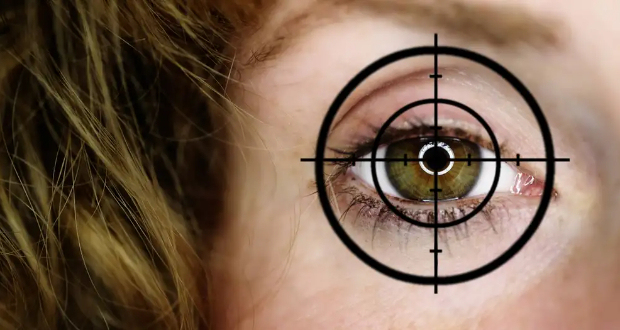With just six weeks to go until European Parliament elections, fresh revelations of suspected espionage at the legislature will do little to instill public confidence. The last 18 months have seen a string of malign foreign influence scandals involving EU parliamentarians.
First, starting from December 2022, came bombshell accusations that MEPs and their staff accepted cash for influence from Qatar, Morocco and Mauritania. Then, at the start of this year, investigative outlet The Insider alleged that Latvian MEP Tatjana Zdanoka had worked with Russian intelligence officials for years.
Only last month, Czech authorities sanctioned news outlet Voice of Europe, alleging that it was a Russian influence operation. Days later and in connection with the same revelations, Belgian Prime Minister Alexander De Croo said Russia had approached and paid MEPs "to promote Russian propaganda."

Finally, this week, German public prosecutors ordered the arrest of a German national identified as Jian G., working as an assistant to the far-right MEP Maximilian Krah of the Alternative for Germany (AfD) party — but according to investigators also for Chinese intelligence services.
Krah himself has vehemently denied recent Czech and German media reports suggesting he took money to spread pro-Russian messages. On Wednesday, Krah — a frequent advocate for better relations with both Russia and China — said he would stay on as lead candidate for the AfD in the June 6-9 EU elections but that he would sack his assistant Jian G immediately. Hours later, German public prosecutors announced they had launched a preliminary investigation into Krah.
Bad look for democracy
Parliamentarians themselves are all too aware of how all this looks to voters. "This parliament is under a lot of urgency to clarify what has happened, and then to take consequences," Terry Reintke, one of the two lead candidates for the Greens, told DW in Strasbourg.
Read Full Article:




